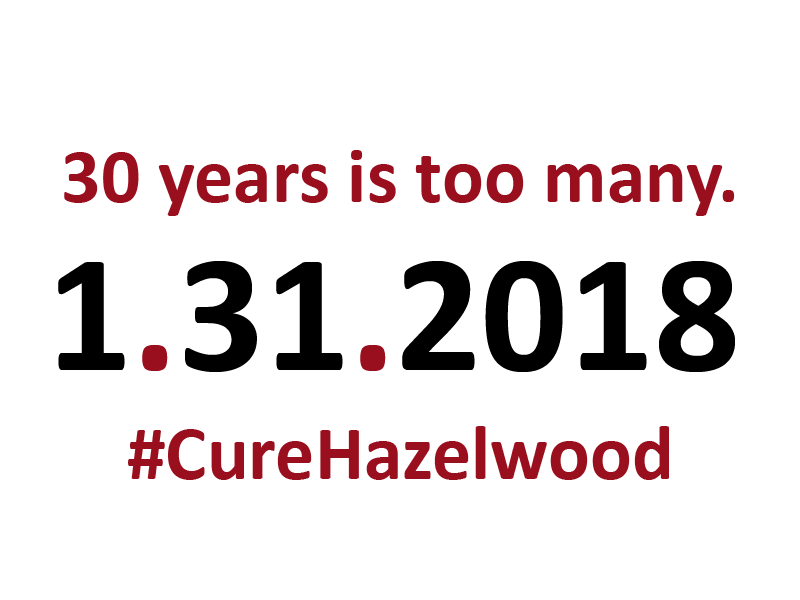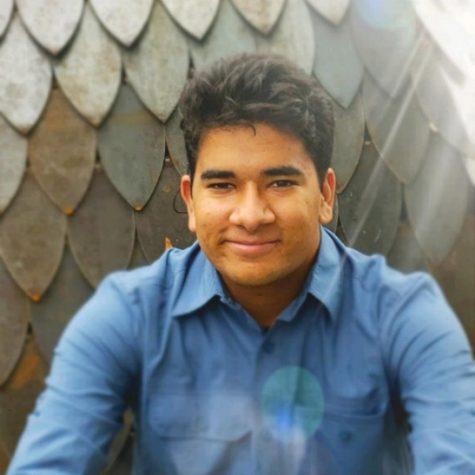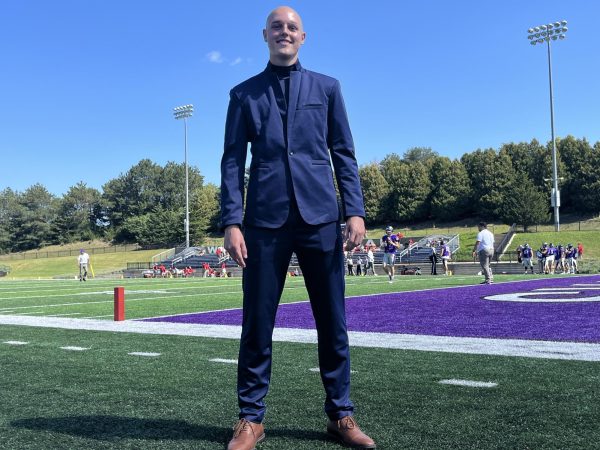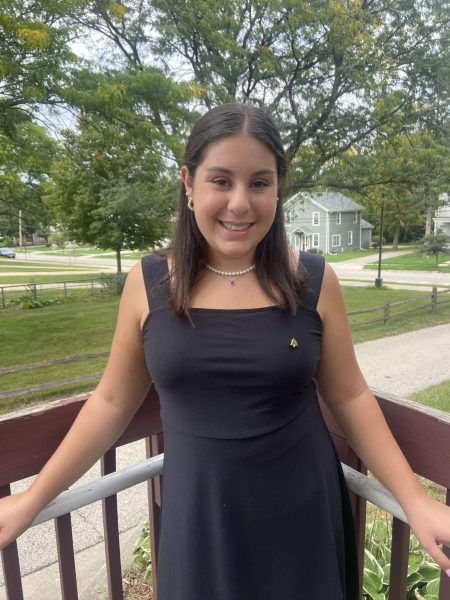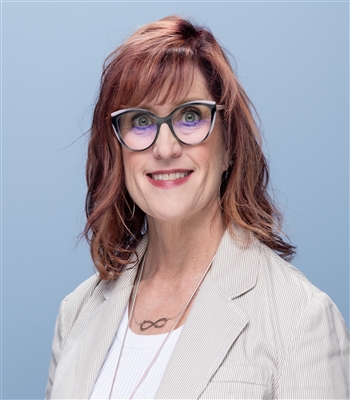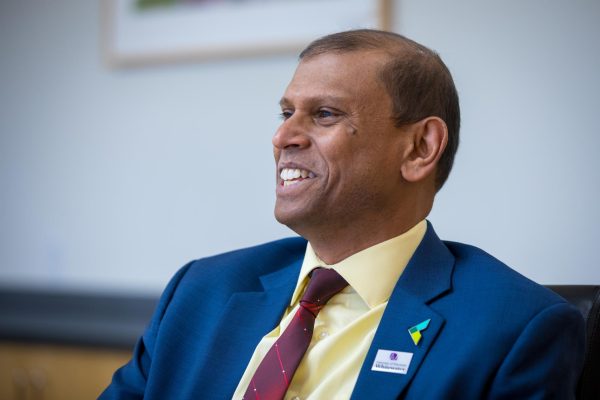On this Hazelwood Day Of Action, support the New Voices movement
January 31, 2018
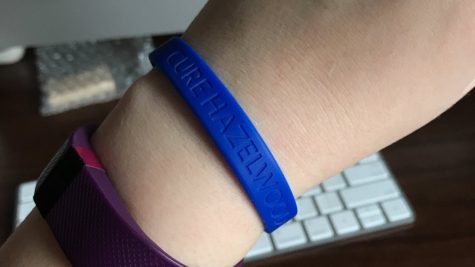 I grew up with a lot of privilege to be where I am in my career.
I grew up with a lot of privilege to be where I am in my career.
I’ve had little to no adversity in my life: I was raised in a solidly middle-class family where my parents were married, and I never wondered where my next meal was coming from. I’m well-off enough to take out private student loans and pay a car payment each month. I may balance multiple jobs like any college student, but they’re all jobs that reflect my career goals, and I don’t dread going to everyday.
But there’s one other aspect of privilege that’s helped get me where I am today in my career: I never never targeted by censorship as a high school reporter.
As we dawn on the 30th anniversary of the Supreme Court decision in Hazelwood v. Kuhlmeier, I’m reminded that our fight for free speech is not over until all reporters – whether professional, freelancer or student – are free to write without fear of a government employee striking our words from a page.
The history of the Hazelwood case is rooted in an overreach of power by a school administrator. Principal Robert E. Reynolds cut two stories out of the high school newspaper at Hazelwood East High School when he received the proofs: one about divorce and the other about teenage pregnancy. Three Hazelwood East students sued, claiming their First Amendment rights were violated.
A narrow majority of 5-3 on a Court that had eight justices participating ruled that school administrators had full authority to perform prior review on student newspaper work and axe work they found to be offensive for any reason. It could be false, or it could be just poorly written – the ruling allows administrators full jurisdiction on censoring their students.
It was a disastrous decision 30 years ago. It still is today.
I was fortunate to be educated in a school district that didn’t allow the ruling of Hazelwood to be implemented. As a young reporter, when my writing was shaky and I was still learning proper interview techniques and the inverted pyramid, I was never subject to getting my stories thrown in the garbage because our principal didn’t like how I wrote or what I wrote about.
It made me a better journalist now because I was allowed to grow without the stifling of administration. Other student journalists are not so lucky.
In an age where accuracy and innovation are vital to the survival of our industry, we need the members of the press to be responsible, ethical and indicative of watchdog reporters before them.
Those kind of values start with high school journalists who are given the freedom to report freely.
We can’t undo the decision made three decades ago, but we can advocate for legislation right now that would guarantee students the right to no prior review by their school administrators. Called the New Voices movement, legislation to protect students’ freedom of the press is currently being pursued at the state level. There’s a campaign in Wisconsin to protect students’ rights. To join the movement, email Matthew Smith at [email protected].
Thirty years is too long. Let’s #CureHazelwood for the next generation of student journalists who deserve the same press protection we have.

